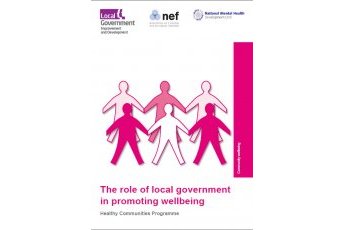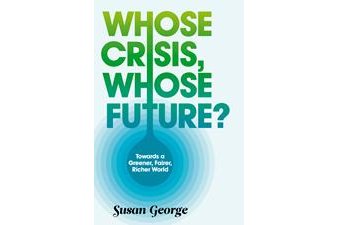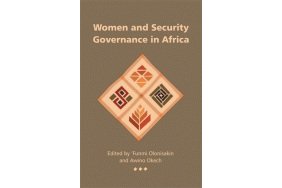This report speaks to the heart of what local government is about: supporting a better life for people and helping to build resilient communities, now and over the longer term. This report presents the findings of a project commissioned Local Government Improvement and Development and the (…)



